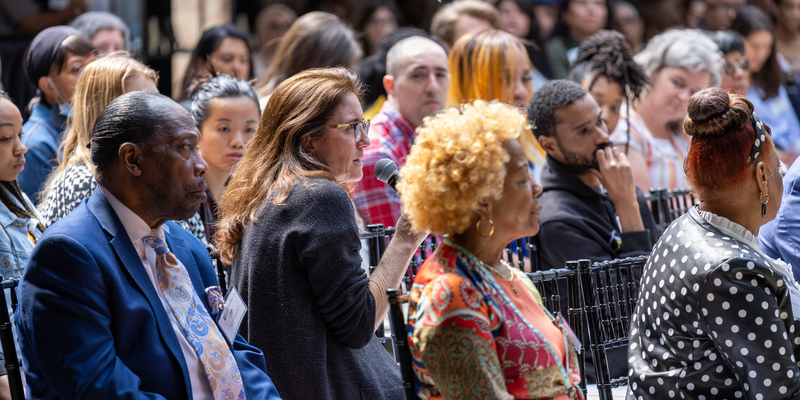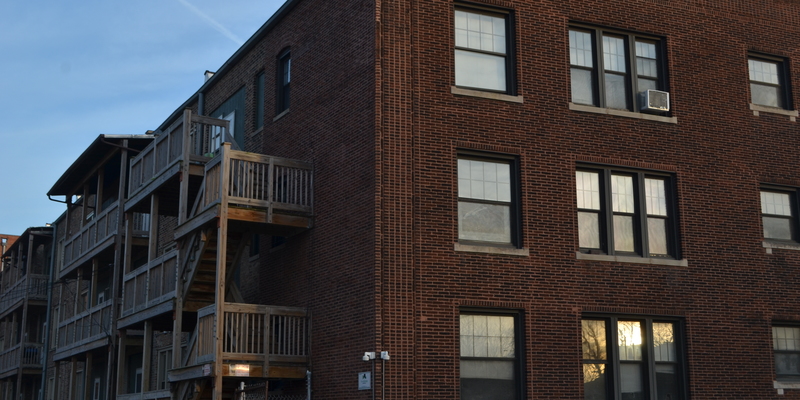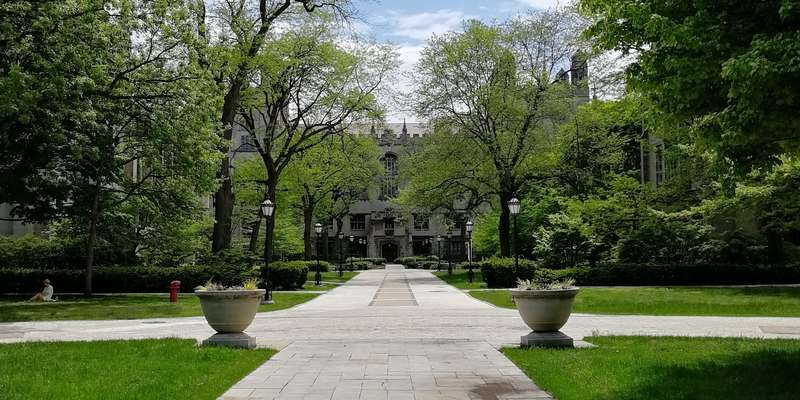
Urban Labs Health Lab
The University of Chicago Health Lab seeks to partner with civic and community leaders to identify, rigorously evaluate and scale programs and policies that improve health outcomes and address systemic barriers to achieving health equity.
Advancing Health in Urban Communities
The University of Chicago Health Lab partners with civic and community leaders to identify, rigorously evaluate, and scale programs and policies that improve health outcomes and address systemic barriers to achieving health equity. To advance our mission, our research focuses on promoting access to holistic care among vulnerable and marginalized populations with complex needs. By generating actionable evidence and supporting implementation, we aim to improve not just health outcomes, but also equity and well-being across urban communities.
Our partners in these efforts include communities and community-based organizations; medical, public health, and social service providers; housing and homeless service providers; first responders and emergency service providers; and members of the corrections and other law enforcement communities. These relationships are essential to advance our mission.
Health Lab’s portfolio of projects is interdisciplinary and intersectional, though generally fits into three broad areas of focus: Health and Housing, Public Health and Safety, and Equitable Access to Holistic Health Care.
Health Lab’s mission is to conduct "Science in Service of Cities," with a focus that sits primarily at the nexus between public health and public safety. Our work comprises three main areas of focus: 1) health and homelessness, 2) public health and safety, and 3) equitable access to holistic health care. Within each of these portfolios, we utilize an ecosystems approach and pay particular attention to the interactions between these systems and that of health and health care systems. The methodological approaches we apply toward identifying, evaluating, and scaling promising and cost-effective solutions include both research and technical assistance with partners.
Projects
Our People
Health Lab staff partner with civic and community leaders to generate evidence on what works to improve health outcomes for vulnerable individuals who struggle to navigate the health care system.
























